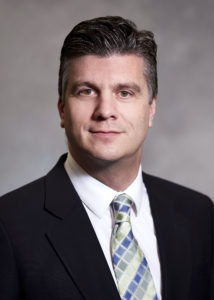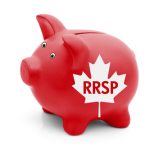A seemingly contradictory finding about RRSP trends was uncovered by BMO Financial Group’s latest (its 11th) annual RRSP survey, released Wednesday. While the average RRSP balance rose to $112,295 — up 3.3% over $111,929 in 2019 and 41% more than $79,492 in 2015 — at the same time Canadians’ knowledge of the benefits and features of RRSPs has fallen since 2015. And women are 18% less likely to know how much they’ll need to retire.
This comes after a pandemic year in which 12% did not contribute at all, resulting in a a 15.5% decrease in overall contribution amounts since 2019; even so contribution amounts for this year are 15.8% higher than the survey found in 2018.
The BMO RRSP Survey was conducted by Pollara Strategic Insights via an online survey of 1,500 adult Canadians between Nov. 17th and 23rd, 2020.

In a press release, BMO Global Asset Management Director Robert Armstrong said investors need to consider long-term factors like increasing cost of living and longer average life expectancies when planning for retirement: “With these challenges in mind, it’s encouraging to see a national increase in RRSP holding amounts.”
What’s discouraging is that while most regard RRSPs as effective retirement planning vehicles, knowledge about them has steadily declined over the last five years:
- 71% know how to contribute to an RRSP, an 8% decrease from 2015
- 61% know the RRSP contribution limit, but the percentage who know this has fallen 12% since 2015. (The RRSP contribution limit for 2020 is $27,230, or 18% of investors’ annual income: whichever is less. Any unused contribution room from previous years is also carried forward.)
- Only half are aware of what investments are eligible to be held in RRSPs, a 10% decrease from 2015 and only 44% are aware that RRSPs can hold ETFs, while 79% know that RRSPs can hold mutual fund. (Holdings can include: mutual funds, cash, GICs, stocks, bonds and ETFs.)
Because of the inherent complexities of RRSPs, Armstrong suggests professional advice is valuable to help investors meet their long-term financial goals.
Gender gap
The study also found a gender gap in retirement planning and RRSP knowledge:
- Among those surveyed, women are 9% less likely to know how to contribute to an RRSP and 10% less likely to know the difference between RRSPs and TFSAs compared to men
- Only 62% of women know the RRSP contribution deadline (the deadline for this year is March 1, 2021) and 55% know how much they can contribute to the account, compared to 70% and 67% of men, respectively
- Only 41% of women know which investments can be held within an RRSP
- Women are 18% less confident than men in their retirement plans, and 18% less likely to know how much money they will need for retirement
- Women were more likely than men not to be contributing to their RRSPs this year because of pandemic-related reasons (15% versus 9%)
- Women are less likely to have withdrawn funds from their RRSPs before the age of 71, with 25% having done so compared to 31% of men
BMO has several programs aimed at helping women build their investing confidence:
- BMOforWomen.com is regularly updated with content to help inspire financial confidence
- The podcast Bold(h)er podcast features inspiring stories of women making bold moves in their careers and businesses
- BMO investment professionals provided access to online training to promote and engage women investors and business owners in tailored, goals-based conversations
For personalized advice on meeting financial goals in general, see www.bmo.com/myplan. For RRSP information in particular, visit www.bmo.com/rrsp/.



